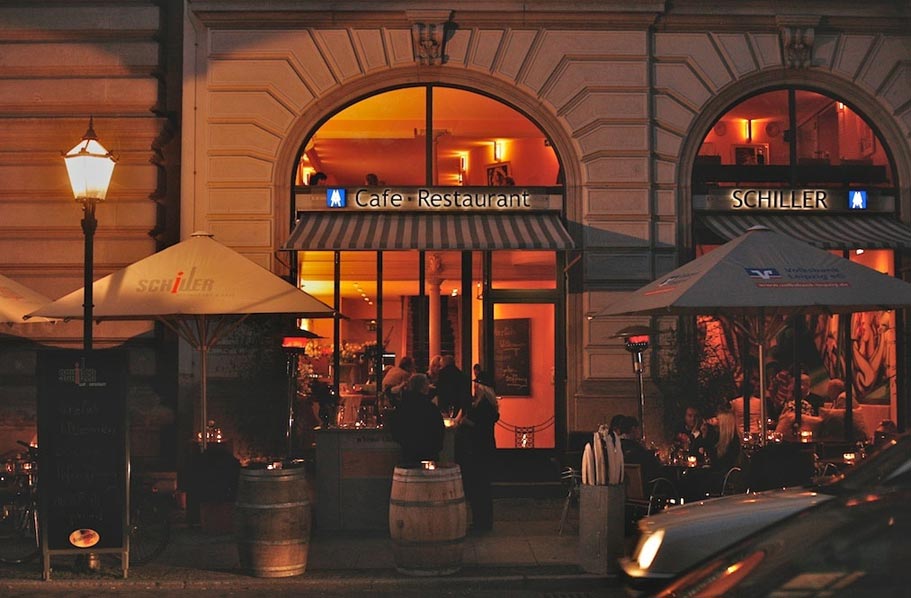SAXONY
WELCOME TO SAXONY
State Overview
Dresden
18,416 km2
4.08 million
German

Popular
Geography and Tourist Attractions
Information about the state's tourist attractions, including popular destinations, events, and activities.
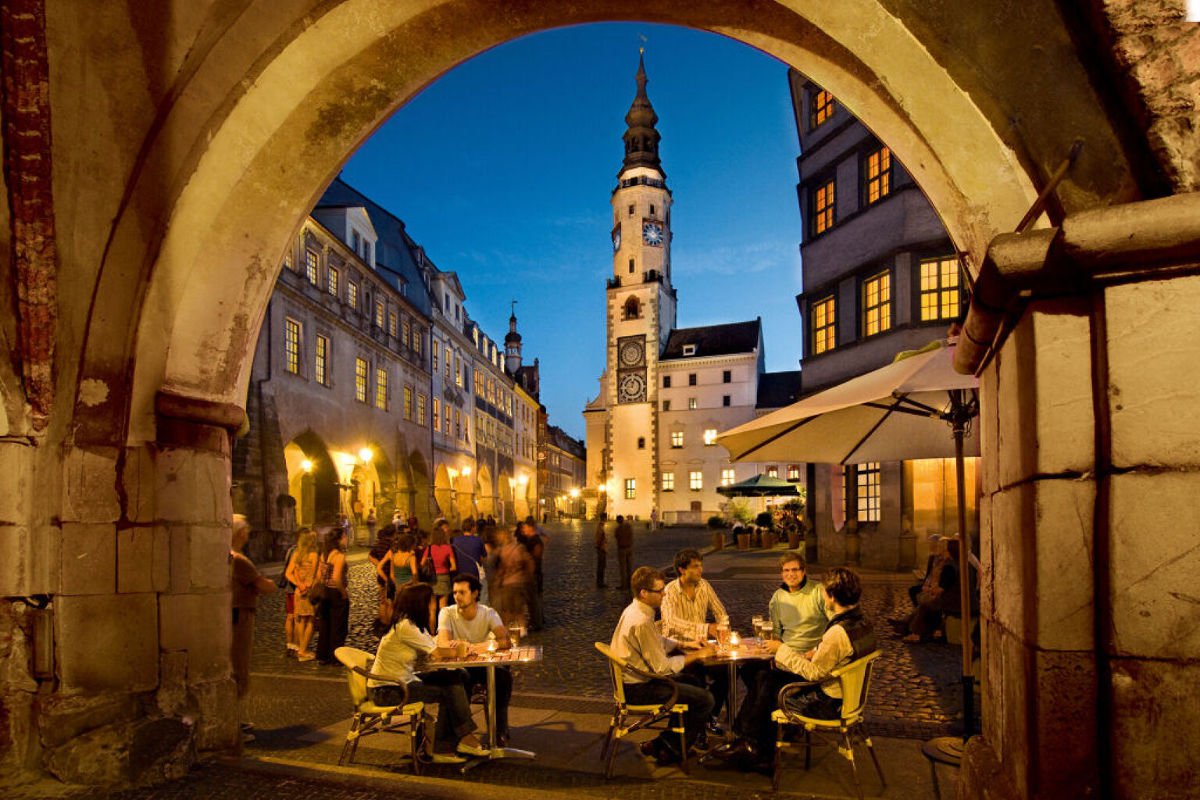
Görlitz
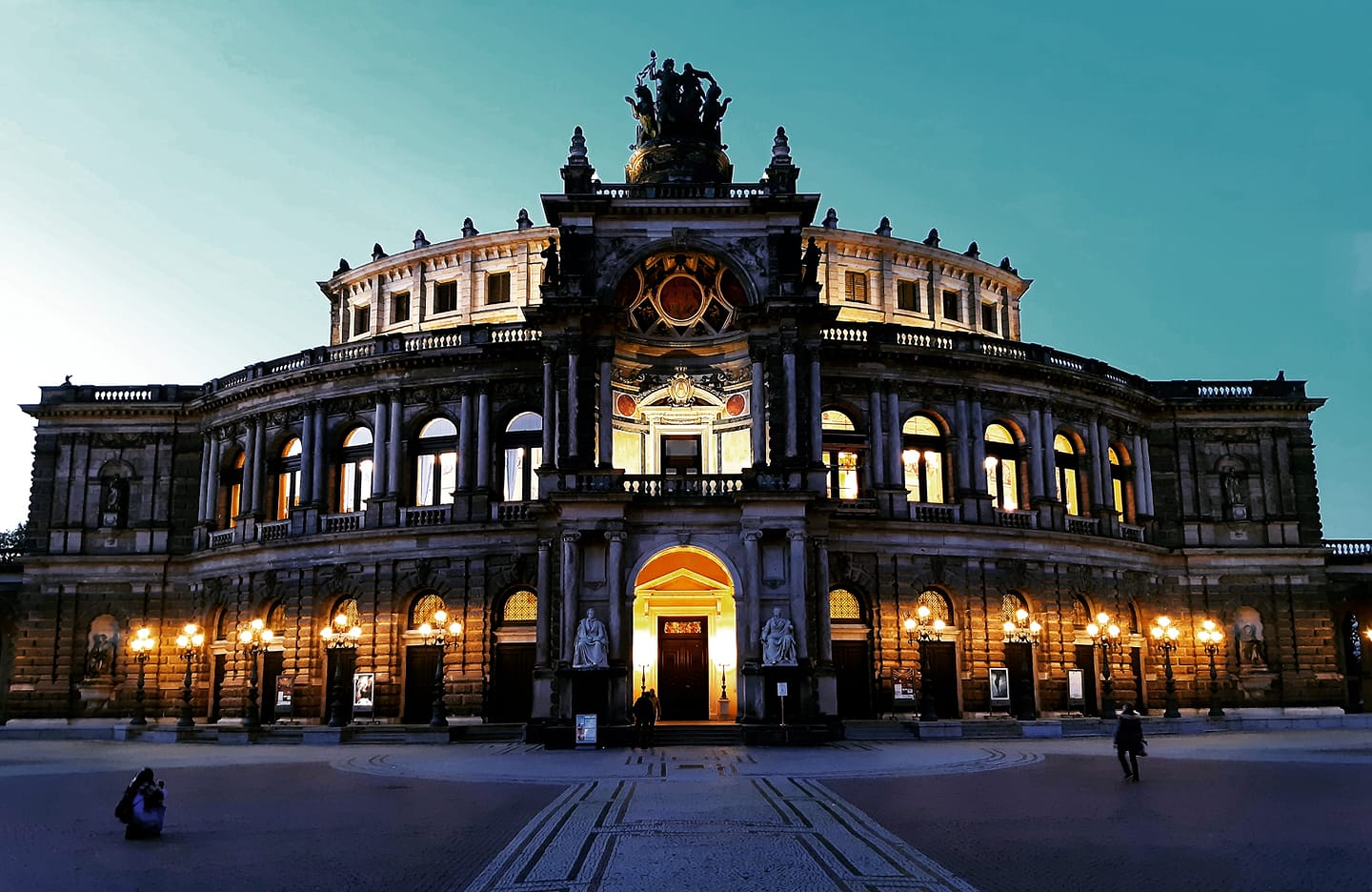
Dresden

Moritzburg Castle
Political
Economy and Government
Saxony has a diverse economy with a mix of traditional and modern industries. Historically, the state has been known for its mining, metallurgy, and textile industries. However, in recent years, the service sector has become increasingly important, with strong growth in areas like information technology, finance, and healthcare.
The state government has implemented policies to support economic development, including tax incentives, subsidies, and infrastructure improvements. As a result, Saxony has become a hub for innovation and entrepreneurship, with a thriving startup scene and several high-tech research institutions.
In terms of governance, Saxony has a parliamentary system of government, with a unicameral legislature called the Landtag. The state is headed by a Minister-President, who serves as the head of government and is responsible for overseeing the executive branch. The Minister-President is elected by the Landtag and serves a five-year term.
Overall, Saxony has a stable and well-functioning government, with a strong focus on economic growth and development. The state's diversified economy and supportive business environment have made it a popular destination for investors and entrepreneurs looking to establish a foothold in Europe.
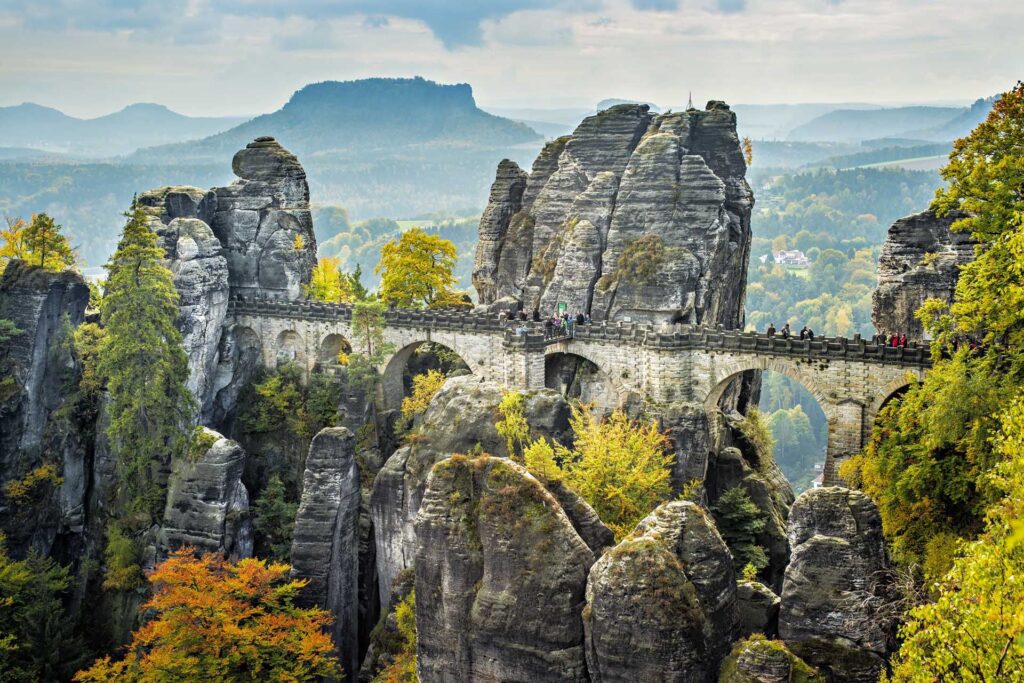
History
History and Culture
Saxony has a rich and fascinating history that dates back centuries. The state was once part of the Holy Roman Empire and played an important role in the Protestant Reformation. It was also a center of mining, metallurgy, and textiles during the Middle Ages and Renaissance, which helped to fuel its economic and cultural growth.
Throughout its history, Saxony has been a hub of artistic and cultural activity, with important figures like Johann Sebastian Bach, Richard Wagner, and Gerhard Richter calling the state home. Dresden, the state's capital, is known for its stunning Baroque architecture, which was largely destroyed during World War II but has since been meticulously restored.
Saxony is also home to a number of important museums, including the Leipzig Museum of Fine Arts and the Bach Museum, which celebrates the life and work of the famous composer. The state hosts several cultural events throughout the year, including the Leipzig Book Fair and the Dresden Music Festival.
Overall, Saxony's history and culture are deeply intertwined, with its rich past shaping the state's vibrant artistic and cultural scene. Today, Saxony is a popular destination for travelers interested in exploring the region's rich history and cultural heritage.
HOTELS

Taschenbergpalais Kempinski Dresden
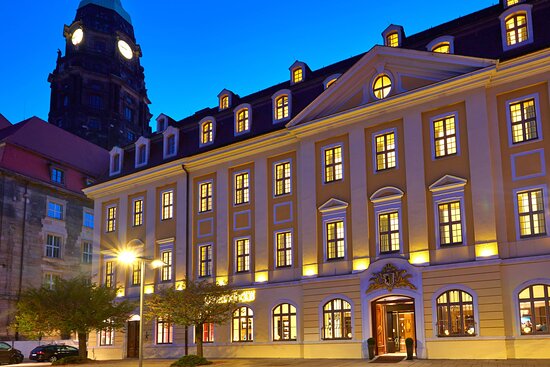
Gewandhaus Dresden, Autograph Collection
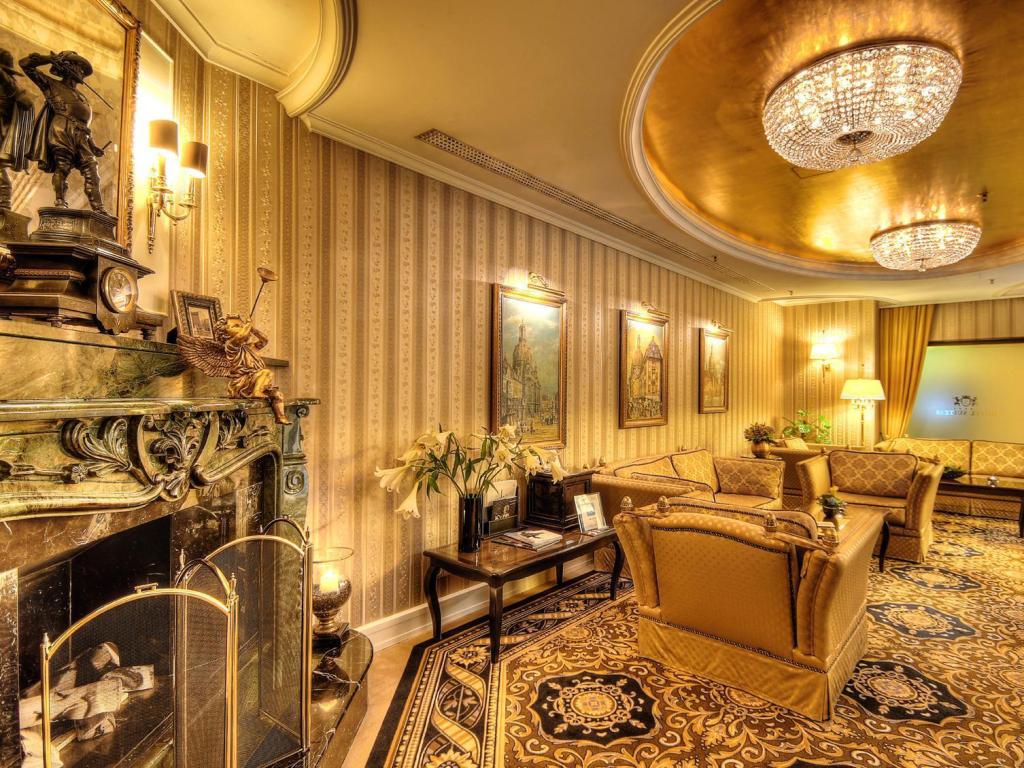
Hotel Suitess
RESTAURANTS
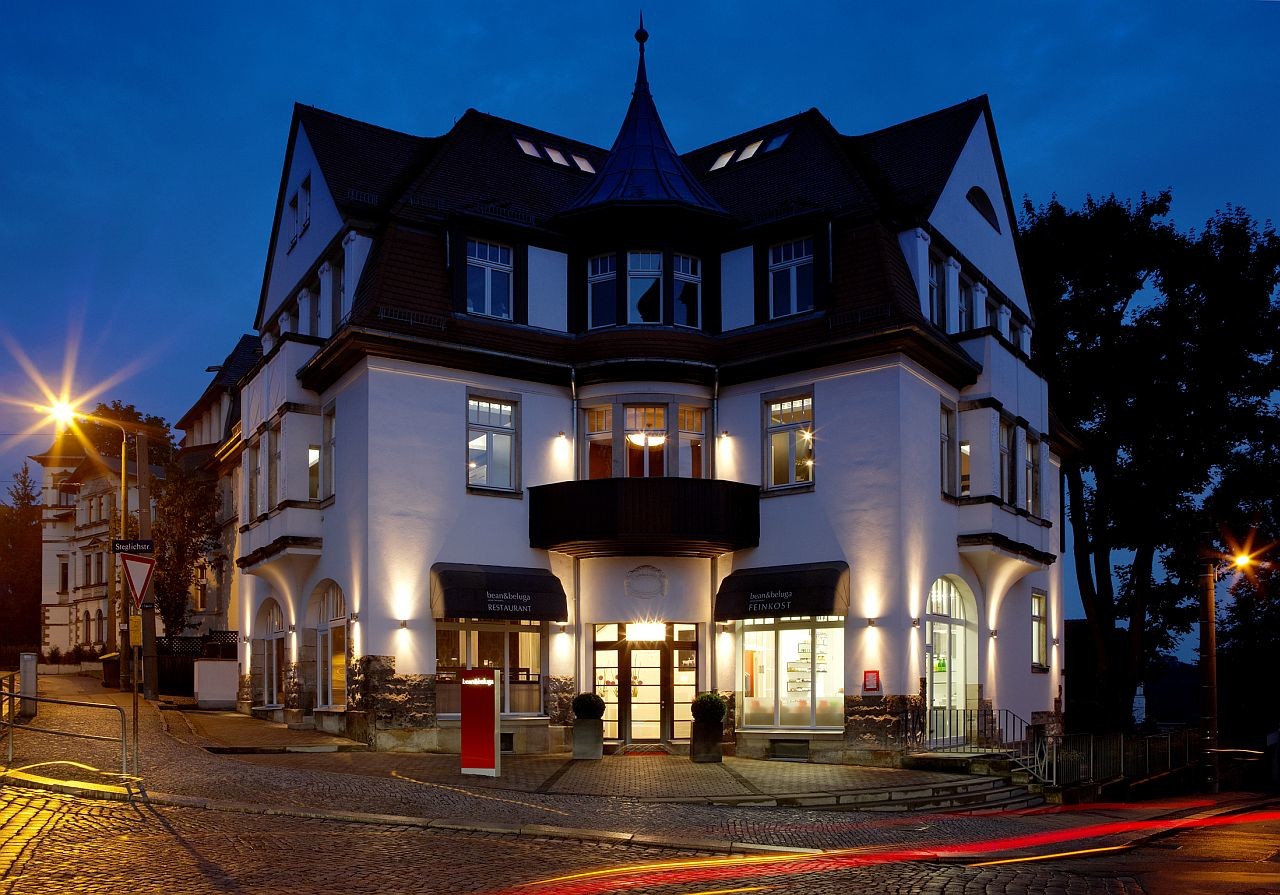
Bean & Beluga
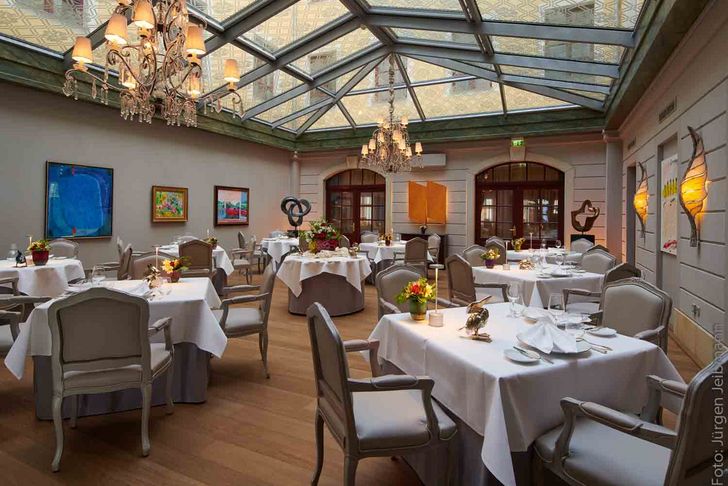
Caroussel
